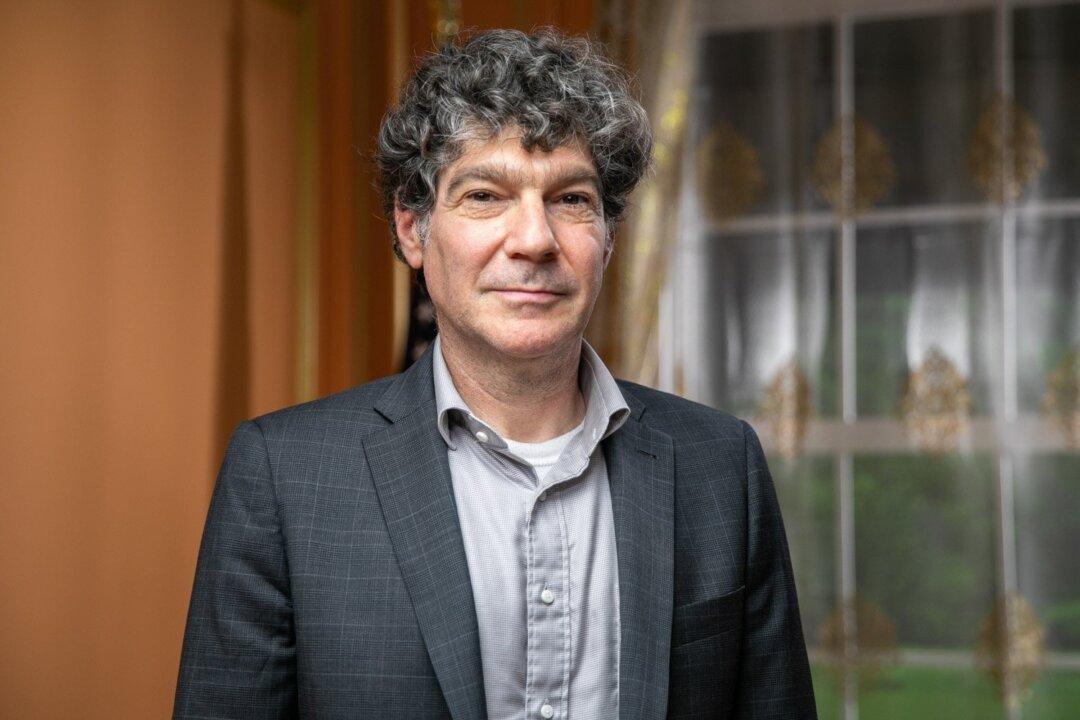The sudden shift in narrative over the possibility that COVID-19 could have emerged from a lab in Wuhan, China, is mysterious and is evidence of “just how corrupt our system has become,” according to evolutionary biologist Bret Weinstein.
Weinstein, biologist and co-host of the DarkHorse Podcast, has since last year explored the possibility that COVID-19 could have emerged from a laboratory. He told Epoch TV’s “American Thought Leaders” program (episode premiering on Sat. July 3) that the fact that the hypothesis is now receiving widespread recognition from the international community is “completely mysterious.”






